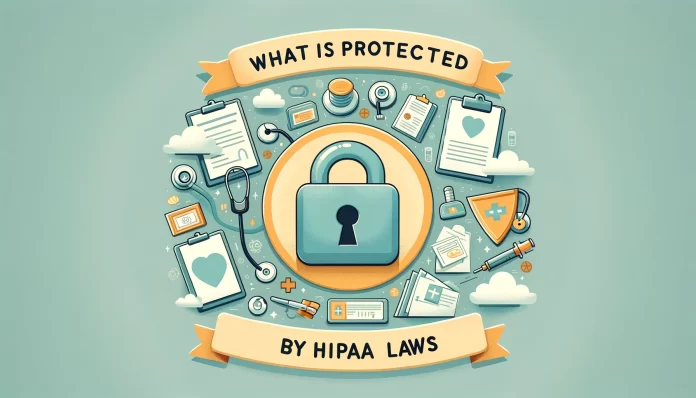HIPAA law safeguards Protected Health Information, a subset of individually identifiable health information created, received, maintained, or transmitted by a covered entity. It also safeguards non-health information when it is maintained in the same designated record set as Protected Health Information.
Which of these is not a right under HIPAA: one issue not covered by the Privacy Rule’s patient rights is the right to inquire as to why specific information is included in – or removed from – a designated record set. Although most healthcare providers and group plans will likely provide responses and remove or update information as needed, HIPAA does not oblige them to.
HIPAA Patients’ Rights
Patients have the right to do the following under HIPAA:
- Obtaining Health Information: Patients have the right to access and obtain copies of health or billing records held by health plans or healthcare providers, including medical and billing records, lab results, and X-rays, with two exceptions.
- Record Correction: Patients can request corrections to their records if they believe their information is incorrect or incomplete, with the requesting individual providing a valid reason.
- Request Confidentiality: Patients can request confidential medical communication by sending information to a separate address or phone number.
- Accountability for Disclosure: Patients have the right to request reports from their healthcare provider regarding specific disclosures of their health information.
- Complaint Form: Patients can file complaints regarding HIPAA violations with their provider or the Secretary of the US Department of Health and Human Services.
HIPAA Individual Rights
Individual HIPAA rights permit access and exchange of health information without consent, unlike traditional medical confidentiality. Primary care physicians can send patients to specialists without explicit consent, ensuring efficient care. Patients can expect information disclosure only when necessary and with specific permissions.
HIPAA Privacy Laws and Violations
HIPAA is a federal law that protects the privacy of health information, ensuring that it is not unauthorized, unnecessary, or unconsented released. Violations of HIPAA can lead to legal consequences, such as termination of employment or legal consequences. Healthcare providers must respect patient privacy and share as little information as possible. Some of the top 10 HIPAA violations include:
- Unauthorized access to patient records,
- Failure to perform an organization-wide risk analysis,
- Failure to manage identified risks,
- Denying patients access to their health records,
- Failure to have compliant business associate agreements,
- Failure to implement ePHI access controls,
- Failure to safeguard PHI with encryption or equivalent measures,
- Delayed breach notifications,
- Unpermitted PHI disclosures, and
- Improper disposal of PHI/ePHI. Organizations must adhere to HIPAA’s Breach Notification Rule, which mandates breach notifications within 60 days.
Unpermitted PHI disclosures can attract financial penalties, and improper disposal of PHI/ePHI requires organizations to securely and permanently destroy it when no longer required and retention periods have expired. While not all HIPAA violations result in financial penalties, businesses and healthcare providers must remain vigilant about HIPAA compliance to avoid the costly consequences of these common violations.
Conclusion
Healthcare professionals should prioritize patient privacy rights under HIPAA, while patients should be proactive in understanding its provisions, fostering a more trustworthy and efficient healthcare system.
